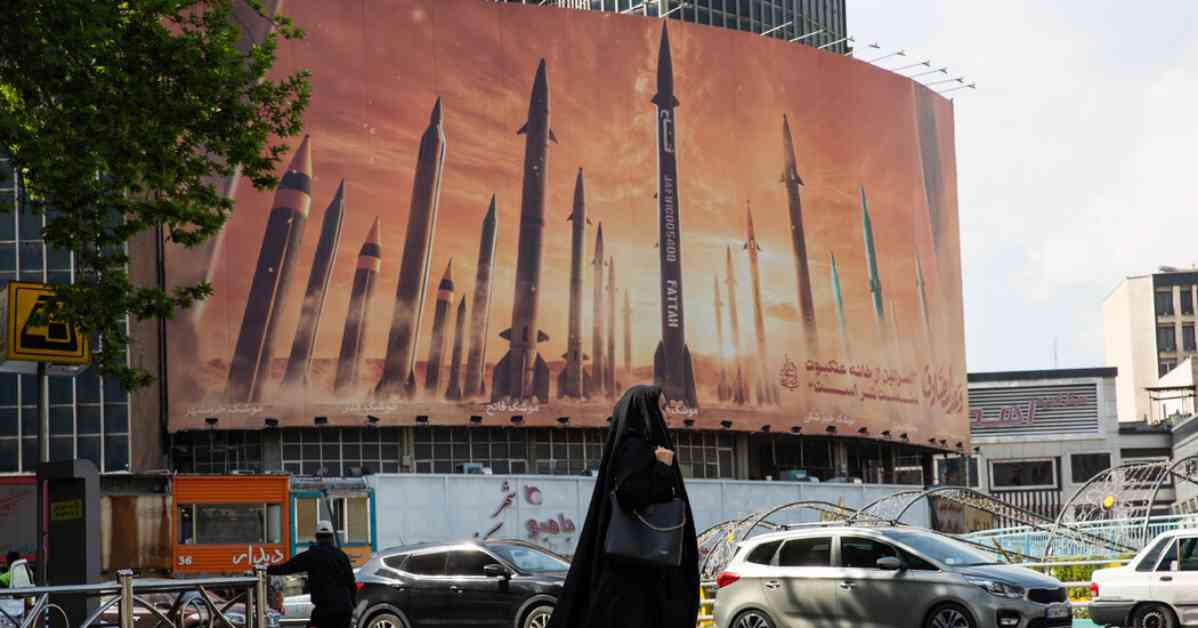Iran has been making significant advancements in its nuclear production, particularly at its most sensitive site. The country has recently installed 1,400 next-generation centrifuges in a facility that is deeply buried, making it nearly impervious to bunker-busting bombs. This technological upgrade is accompanied by a shift in the rhetoric of some Iranian leaders, who are no longer insisting that the nuclear program is solely for peaceful purposes. Instead, they are starting to consider the idea of possessing nuclear weapons as a form of deterrence, especially in light of recent missile exchanges with Israel.
The developments in Iran’s nuclear program have raised concerns among American, European, Iranian, and Israeli officials, as well as outside experts. There is a growing consensus that Iran has solidified its position as a “threshold” nuclear state, coming right up to the line of weapon development without crossing it. The question remains whether Iran will ultimately decide to build nuclear weapons or maintain a strategic ambiguity about its capabilities.
While Iran is now capable of producing the fuel for multiple nuclear bombs in a short period, the process of fabricating these into warheads that can be delivered via missiles would take additional time, possibly up to 18 months. This timeline provides a window for diplomatic efforts to prevent Iran from fully weaponizing its nuclear program.
The international community, particularly the United States, is closely monitoring Iran’s nuclear activities, although much of the information regarding the program is classified. The stakes are high, given the potential regional and global implications of a nuclear-armed Iran. It remains to be seen how Iran’s presidential election, scheduled for the coming months, will impact the trajectory of its nuclear program and its engagement with the international community.
As tensions continue to escalate in various parts of the world, including conflicts in Gaza and Ukraine, the focus on Iran’s nuclear ambitions becomes even more critical. The decisions made by Iranian leaders in the coming months could have far-reaching consequences for regional stability and global security. It is imperative for diplomatic efforts to intensify in order to prevent further escalation and to ensure that Iran adheres to its commitments under the Nuclear Nonproliferation Treaty.


















